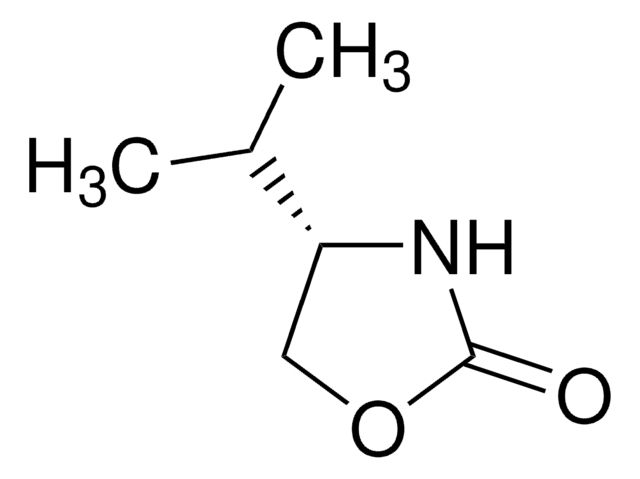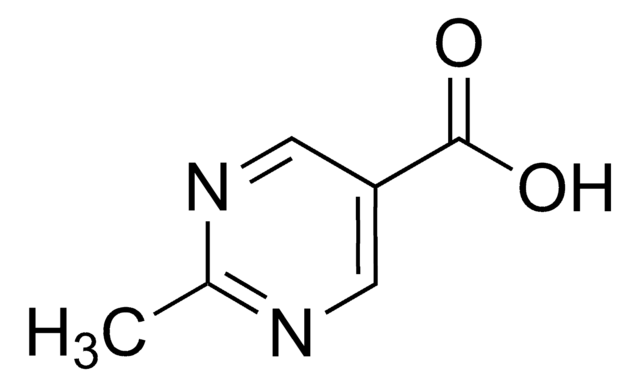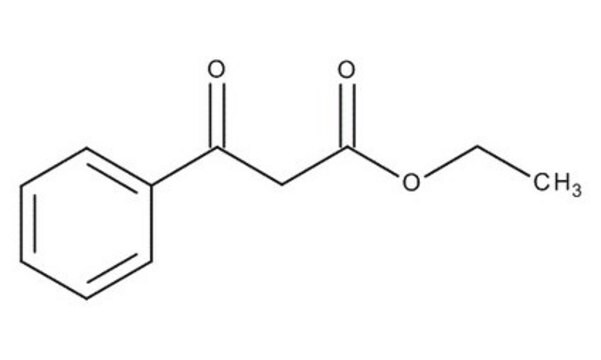About This Item
Recommended Products
grade
ACS reagent
Quality Level
vapor pressure
<0.001 hPa
Assay
≥97%
form
powder
solid
impurities
≤0.005% insolubles
ign. residue
≤0.01%
pH
6.7-7.3 (25 °C, 5%)
mp
110-112 °C (dec.) (lit.)
anion traces
chloride (Cl-): ≤5 ppm
nitrate (NO3-): ≤0.001%
sulfate (SO42-): ≤0.001%
cation traces
Fe: ≤5 ppm
heavy metals: ≤5 ppm
SMILES string
N.CC(O)=O
InChI
1S/C2H4O2.H3N/c1-2(3)4;/h1H3,(H,3,4);1H3
InChI key
USFZMSVCRYTOJT-UHFFFAOYSA-N
Looking for similar products? Visit Product Comparison Guide
General description
Application
- 1,3-oxazine derivatives by three-component condensation reaction with 2-naphthol and aromatic aldehydes.
- Symmetrical terpyridine derivatives by treating with aromatic aldehydes and ethyl cyanoacetate.
- Isoquinolines, furopyridines, and thienopyridines via Pd-catalyzed sequential coupling-imination-annulation reactions of ortho-bromoarylaldehydes and terminal alkynes.
It can also be used as a nitrogen source to synthesize benzoxazole derivatives via multicomponent condensation reaction with catechols, and various aldehydes in the presence of Fe(III)−salen complex as a catalyst.
Features and Benefits
Storage Class Code
11 - Combustible Solids
WGK
WGK 1
Flash Point(F)
Not applicable
Flash Point(C)
Not applicable
Certificates of Analysis (COA)
Search for Certificates of Analysis (COA) by entering the products Lot/Batch Number. Lot and Batch Numbers can be found on a product’s label following the words ‘Lot’ or ‘Batch’.
Already Own This Product?
Find documentation for the products that you have recently purchased in the Document Library.
Customers Also Viewed
Our team of scientists has experience in all areas of research including Life Science, Material Science, Chemical Synthesis, Chromatography, Analytical and many others.
Contact Technical Service




